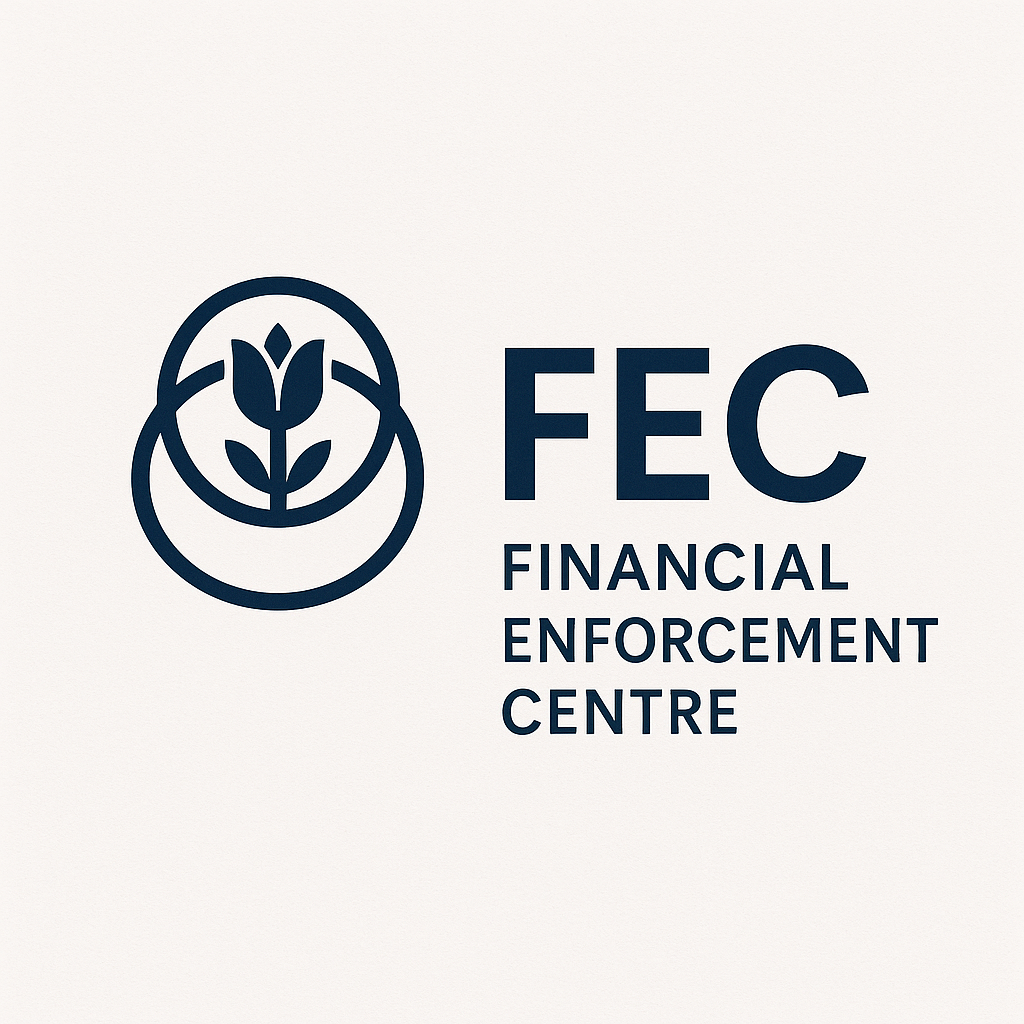The Financial Enforcement Centre (FEC) brings together public authorities and private sector entities to protect the integrity of the financial system through strategic collaboration and information sharing.

FEC Covenant of 2014 The formal agreement that established the Financial Enforcement Centre and defined its core structure and mission.
The two primary components formalized in the Covenant that govern and operate the Centre's activities.
The FEC’s organizational framework provides a robust foundation for collaboration between public authorities in maintaining financial system integrity.
Facilitates communication and coordination between partner organizations.
Ensures data protection and compliance with privacy regulations.
Manages the secure sharing of critical financial intelligence.
Conducts specialized analysis of financial data to identify risks and threats.
While not outlined in the original Covenant, these structures are essential to the FEC’s operational effectiveness.

Supervises the conduct of the financial markets sector, promoting transparency and fairness in financial transactions.
Responsible for prudential supervision of financial institutions and maintaining financial stability.
Oversees compliance with financial regulations among specific professional groups.
Handles tax collection and enforcement of tax laws, identifying financial irregularities.
Processes and analyzes suspicious transaction reports, providing crucial intelligence on potential financial crimes.
Investigates financial fraud, money laundering, and other financial crimes.
Responsible for criminal prosecution and investigation of financial offenses.
Monitors unusual financial transactions to prevent money laundering and protect the financial system.
Serves as an observer in the FEC, providing policy guidance and ensuring alignment with national financial priorities.
Acts as an observer, offering insights on legal frameworks and security considerations related to financial enforcement.
These ministries provide governmental oversight without direct operational involvement, ensuring the FEC maintains appropriate alignment with national policies while preserving its operational independence.

ABN AMRO, ING, Rabobank, and De Volksbank partner with the FEC to strengthen financial system integrity through information sharing and coordinated action.
The Dutch Banking Association (NVB) represents the broader banking sector in FEC collaborations, ensuring comprehensive industry engagement.